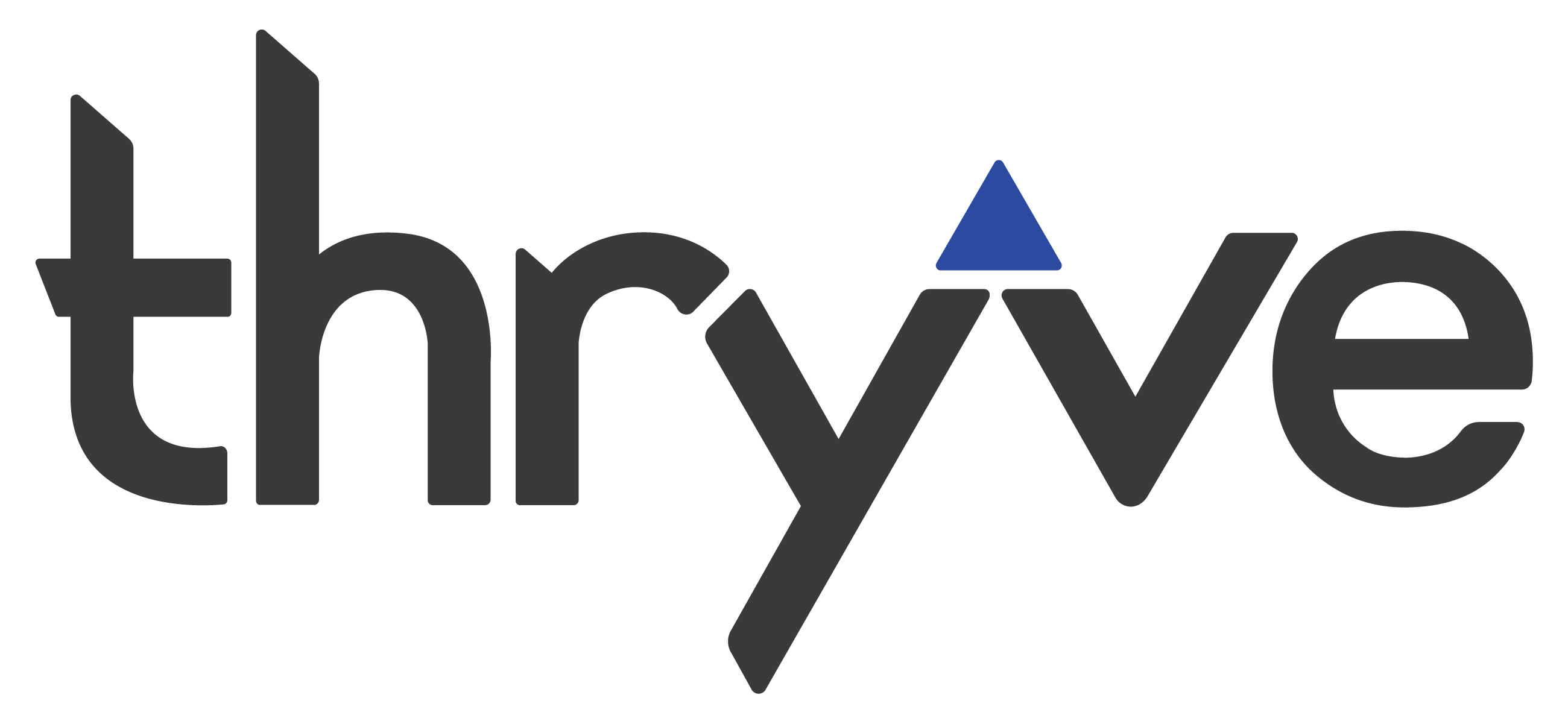
Exploring the potential challenges and opportunities for startups in America’s evolving business landscape.
Emerging Technologies Impacting Startups
The future outlook for startups in America is heavily influenced by emerging technologies that have the potential to disrupt various industries. Technologies like artificial intelligence, blockchain, and the Internet of Things are revolutionizing the way businesses operate. Startups need to stay updated with these emerging technologies to remain competitive in the market.
Artificial intelligence (AI) is one such technology that is transforming the startup landscape. AI-powered solutions can help startups automate processes, improve customer experiences, and gain valuable insights from data. Startups that successfully leverage AI technology can gain a significant competitive advantage.
Blockchain technology is another emerging trend that startups should consider. Blockchain offers secure and transparent transactions, which can be particularly beneficial for startups operating in industries like finance, supply chain, and healthcare. By adopting blockchain technology, startups can enhance trust, streamline operations, and reduce costs.
The Internet of Things (IoT) is also playing a crucial role in shaping the future of startups. IoT enables startups to collect and analyze vast amounts of data from connected devices. Startups can use this data to optimize their processes, create personalized experiences for customers, and develop innovative products and services.
Challenges in Financial Health
While startups hold immense potential, they face various challenges when it comes to financial health. One of the primary challenges is securing funding. Startups often struggle to attract investors or secure loans from financial institutions due to the high-risk nature of their ventures.
Cash flow management is another significant challenge for startups. Many startups experience irregular income streams, making it difficult to cover expenses and meet financial obligations. Startups must develop effective financial planning strategies to ensure they have sufficient funds to operate and grow their business.
Additionally, startups need to carefully manage their expenses to maintain financial health. It is crucial to prioritize essential expenses and avoid unnecessary spending. Startups should also explore cost-saving measures and seek opportunities for cost optimization.
Furthermore, startups need to navigate complex financial regulations and compliance requirements. Adhering to these regulations can be time-consuming and costly, especially for startups with limited resources. Seeking professional guidance from financial advisors or consultants can help startups stay compliant while minimizing financial risks.
Strategies for Financial Planning
To ensure the financial health of startups, it is essential to have effective financial planning strategies in place. Startups should create detailed financial projections and budgets to forecast their revenue and expenses. These projections can help startups identify potential cash flow gaps and take necessary measures to address them.
Building a strong financial foundation is crucial for startups. This includes establishing a solid accounting system, implementing effective bookkeeping practices, and regularly monitoring financial performance. Startups should also consider investing in financial management software or tools to streamline their financial processes.
Another important aspect of financial planning is risk management. Startups should assess potential risks and develop contingency plans to mitigate them. This can include diversifying revenue streams, creating an emergency fund, or obtaining insurance coverage for key assets and liabilities.
Collaboration with financial experts can greatly benefit startups in their financial planning efforts. Seeking advice from accountants, financial advisors, or business consultants can provide startups with valuable insights and guidance for managing their finances effectively.
Government Policies and Regulations
Government policies and regulations play a significant role in shaping the startup landscape in America. Startups must stay informed about relevant policies and regulations that may impact their operations and financial health.
Tax regulations are a crucial aspect for startups to consider. Understanding tax obligations, incentives, and deductions can help startups optimize their tax planning strategies. Startups should consult with tax professionals to ensure compliance and take advantage of any available tax benefits.
Additionally, startups need to be aware of industry-specific regulations. Depending on the nature of their business, startups may need to comply with regulations related to data privacy, intellectual property, consumer protection, or environmental sustainability. Staying compliant with these regulations is essential to avoid legal issues and reputational damage.
Government initiatives and programs can also provide valuable support to startups. Startups should research and take advantage of programs that offer funding, mentorship, or other resources. Engaging with government agencies and industry associations can help startups navigate the regulatory landscape and access relevant opportunities.
Investor Trends in Startup Funding
Understanding investor trends is crucial for startups seeking funding. Startups should keep track of the latest trends in startup funding to align their strategies with investor preferences.
One notable trend is the increasing interest in sustainable and socially responsible startups. Investors are increasingly looking for startups that prioritize environmental sustainability, social impact, and ethical practices. Startups that align with these values may have a better chance of attracting investment.
Another trend is the rise of venture capital funding. Venture capital firms are actively investing in promising startups with high growth potential. Startups should focus on developing a compelling business plan, demonstrating market opportunity, and showcasing their unique value proposition to attract venture capital investment.
Crowdfunding has also emerged as a popular method for startup funding. Startups can leverage crowdfunding platforms to raise funds from a large number of individuals who believe in their vision. Effective marketing and storytelling are crucial for successful crowdfunding campaigns.
Lastly, startups should be aware of the impact of economic conditions on investor trends. During periods of economic downturn or uncertainty, investors may be more cautious and risk-averse. Startups should be prepared to adapt their funding strategies accordingly and demonstrate resilience in challenging economic environments.

